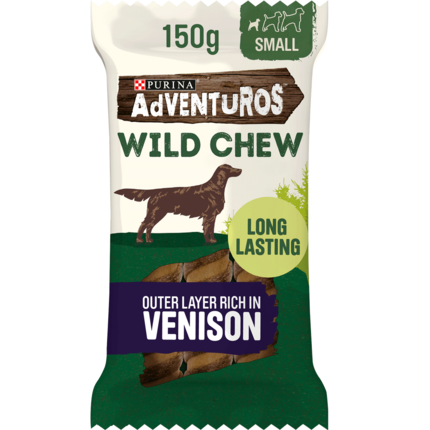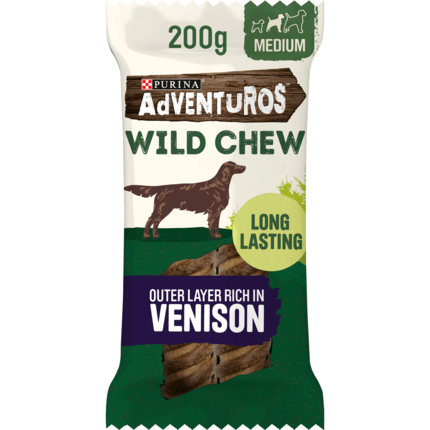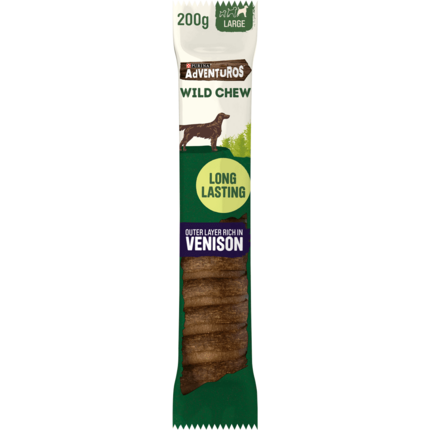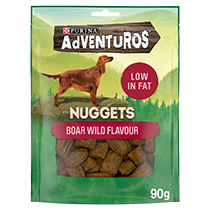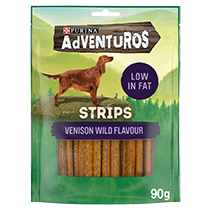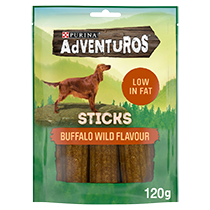


Our four-legged friends are known for running around and enjoying life to the full. But, over the years, this zest for life can take a toll on their joints, as their joints may start to wear down, becoming sore and stiff.
When this starts to happen, it’s likely you’ll find yourself considering canine supplements to try and improve your pup’s quality of life, and one of the most popular joint supplement ingredients you’ll encounter is glucosamine for dogs.
Keep reading to find out all you need to know about glucosamine and chondroitin for dogs, including if they actually work, and if they have any potential side effects that you should be aware of.
What is glucosamine and chondroitin for dogs?
Glucosamine
Glucosamine is a natural compound that’s found in cartilage. As a supplement it tends to either come from shellfish shells or it can be made from plant-based materials in a lab.
Glucosamine comes from a group of nutraceuticals that are known as chondroprotective agents (cartilage protectors) and is commonly used to treat arthritis in humans, horses and dogs alike.
Chondroitin
Glucosamine is commonly paired with chondroitin sulphate, a supplement which stimulates cartilage repair in the joints. Usually made from cow or pig cartilage or plant-based sources, chondroitin promotes water retention and the elasticity of cartilage to help with shock absorption and nourishment of the joint lining. On top of this, it’s also thought to inhibit destructive enzymes in joint fluid and cartilage, as well as reducing clots in the small vessels and stimulating the protection of glycosaminoglycans and proteoglycans in joint cartilage.
How they work together
When put together in a supplement form, it’s thought that glucosamine and chondroitin for dogs can help to boost the repair of damaged cartilage, namely the articular cartilage (the cartilage between joints). Additionally, they can help to maintain the joints and surrounding tissue, relieve joint stiffness and support the structural integrity of joints and connective tissues.
What is glucosamine for dogs good for?
Glucosamine for dogs is commonly given to:
- Alleviate arthritis caused by joint instability (e.g. following ligament damage), trauma (e.g. fractures), damage to cartilage or abnormal development.
- Aid in the treatment of spinal disc injury.
- Ease recovery following joint surgery.
- Try to keep performance dogs in peak condition.
Does glucosamine for dogs work?
There have been numerous studies carried out to determine the benefits of glucosamine for dogs and whether or not the supplement works in the first place. In one study on 35 dogs, it was found that giving a combination of glucosamine and chondroitin had a positive effect on those with osteoarthritis, therefore it could be beneficial at treating this condition.
While the current results are positive, there is still more research needed to determine the benefits of glucosamine for dogs.
The side effects of glucosamine for dogs
As glucosamine is a natural supplement, side effects are rare, but they are possible. Some of the glucosamine side effects observed so far include allergies and, depending on the formulation of the glucosamine, this may be more common if your dog is known to have a fish/shellfish allergy as well as mild gastrointestinal effects such as loose stools and flatulence.
How can I give glucosamine and chondroitin to my dog?
Glucosamine and chondroitin formulations are available from most pet shops (both instore and online). These ingredients come as a powder, which you can simply sprinkle into your dog’s food, and they’re also available in tablet and liquid forms. In order to determine the correct dosage, it’s a good idea to speak to your vet first. They’ll be able to help you find the right formulation and determine whether it’s a good idea for your dog to begin with.
Never give your dog glucosamine or chondroitin intended for human use, as this may contain higher quantities of these ingredients which may be toxic to your dog. And always speak to your vet first before starting your dog on a new medication.
That’s our guide to glucosamine and chondroitin for dogs! Want to find out more about feeding your dog and which supplements you can give? Read our article on probiotics for dogs, next.
Explore our dog brands:
Related articles:





